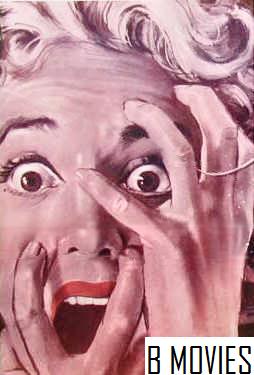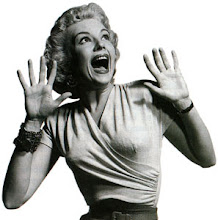The Messenger
Post 9/11 the film world hasn’t dealt with war in a very successful way, and apart from some notable exceptions (The Hurt Locker and In the Valley of Elah) films tackling the Middle East and America’s military involvement have been both critical and commercial disappointments. Often lacking any sense of subtlety or with a holier-than-thou attitude filmmakers have failed to grasp the complexity and moral ambiguity of war and its impact on those who fight in it. Then comes along Israeli director Oren Moverman (whose writing credits include I’m Not There) with his directorial debut, The Messenger and he illustrates the tragedy of war without massive explosions, gun fire and fanfare.
The Messenger follows Staff Sergeant Will Montgomery (Ben Foster, 30 Days of Night) an injured Iraq War veteran, who due to his commendations has been assigned to the Casualty Notification Unit. Taken under the wing of Captain Tony Stone (Woody Harrelson, Zombieland), the pair travel to tell next of kin of war fatalities, racing against the 24-hour news stations to be first to break the terrible news. Going through a carefully structured practice of informing the next of kin, the soldiers must remain clinically detached and most importantly avoid physical contact. Being the bearer of bad news sees the men bond as they are hit with the gamut of loss and the varied ways grief affects the relatives, from sorrow to anger, devastation to denial. Being the messenger weighs heavily on Montgomery and he finds himself drawn to a war widow (Samantha Morton, In America) who takes the news of her husband’s death in a unexpected way.
It is surprising given the quality of the performances from Foster and Harrelson (who was Oscar nominated last year) that this excellent film didn’t have a bigger cinema run. The supporting cast includes Steve Buscemi (The Big Lebowski) and Jena Malone (Donnie Darko) who add their talents to this film as it explores the consequences of war on those tasked to carry it out and those who are left behind.
This film seemingly focuses on a very small part of the US military, but as it explores themes of trauma, grief and masculinity it delivers a very powerful anti-war message.
Dogtooth
Whoa, so what to say about one of the most dark satires of recent time. Greek film Dogtooth was a surprise pick in this year’s Best Foreign Language Film category at the Oscars. Usually erring more on the side of conservatism the Academy Awards shocked many by including Yorgos Lanthimos‘ film in its short list. Violent, sexually explicit and disturbing, Dogtooth tells the story of a family that lives in isolation, and is definitely not a film to sit down and watch with family members.
We are never really told why parents, played by Christos Stergioglou and Michelle Valley, decided to keep their children, two daughters and a son, from experiencing the outside world. Whether it is a twisted form of protection or a reaction to some event in their lives, the three adult children (who appear to be in their twenties) have been psychological abused by their deeply disturbed parents and kept imprisoned in a house on the outskirts of town. Without any outside influence the children have failed to mentally mature, they are naive and have a behavioural age of ten year olds.
Keeping the children from leaving the house, the parents have created stories about the outside world that has convinced the children that until they lose their ‘dogtooth’ they are not capable of surviving outside the perimeters of their family home. The film feels like a social experiment gone very very very wrong. Messing with a topic we usually consider sacred, the family- Dogtooth’s characters create an alternative reality in the film, and in their insular world commit some of the ultimate taboos. With strong performances from the cast especially Aggeliki Papoulia, who plays the older daughter. The scenes incorporating Flashdance, Rocky and Jaws are treats for cinephile viewers and offer some darkly comical moments.
This isn’t a film you enjoy watching (hopefully), it is more about exploring theme. Taking the nuclear family unit and perverting it, Dogtooth has received much praise from critics for its deadpan delivery and lack of sensationalism, with director Lanthimos being heralded as an important new voice in European cinema. The film has an intriguing premise and love it or loathe it you have to admire the audacity and commitment of the filmmakers and cast.
Images provided by Madman
First published on Trespass



















